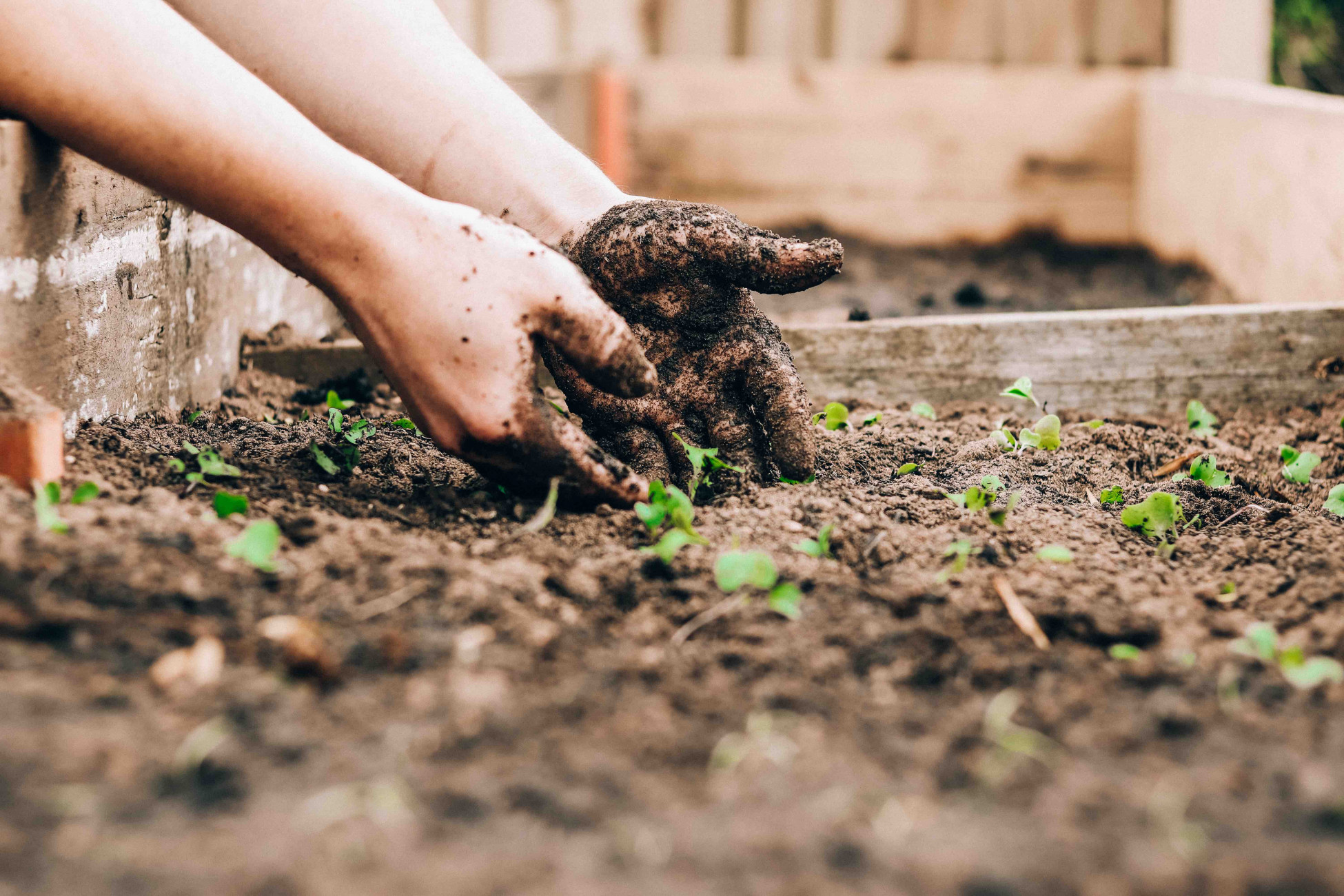
Selective gardening
-
Selective gardening
Posted by Yankeeredneck on July 17, 2023 at 12:26 pmCouldn’t think of a title 😂. My question is has anyone ever tried planting say two types of veggies a year to increase yield allowing canning or other stocking up? I’m limited in space and have enough yield to feed us but not enough to can. Thinking of focusing on 2 a year but not sure of the downside if I do this.
Yankeeredneck replied 1 year, 6 months ago 11 Members · 20 Replies -
20 Replies
-
Mostly ignorant gardener does not know. Maybe try it and see what happens?
-
I succession plant a lot of crops, after your lettuce is done plant some green beans, after peas try sweet corn. You never know until you try, one thing for sure you’ll never know until you try.
-
I’ve done that this year for the 1st time and has definitely helped. I see where I can improve on it. I do like this and might just need to get better at it.
-
-
Not knowing how much space you do have, if you only grow one or two things, you might have pest problems. If you can interplant herbs, such as basil with tomatoes, that would help make it harder for pests to find a meal. Pick 2 companion crops that you can interplant and that will help too. Also, have seedlings ready to put in when a plant is done. And, look for varieties that have short maturity times so you can get as much out if your plot as possible. With planning, you can have bounty!
-
I agree with what you’re saying. I think it’s my best path to follow.
-
-
One possible downside—
I’ve noticed different crops do very well different years. One year may be a great squash year, next year might be a great tomato year, etc. If you plant squash during a great tomato year and tomatoes during a great squash year, you miss out on those fantastic bumper crops.
-
We have a small space too but I’m able to put up more than what we need(always put up more incase of crop failures)for our family 0f 7. When we harvest something we plant something else in its place. We are in Ohio so we have til about November for harvesting and take in consideration the length of days for the crop. We’ve harvested corn in July and also in October before. We always get more crops of beans bc we plant again in July. Hope that helps.
-
It helps a lot because I realized this season that I haven’t looked at how long for certain veggies to produce therefore have not optimized my timing on succession planting.
-
-
How small is your space? My grandparents gardened on a 40 foot by 70 foot area with hard red sandy clay for probably 40 years. And always had a bountiful harvest. Only used a hoe and shovel and knowledge he already had. A neighbor would bring their tiller each year and do an initial ground breaking for my grand parents. Occasionally one item or another would fail to produce. If you only plant two seed types instead of a variety of seed types you run the risk of a crop failure. In my opinion better to plant a variety and rotate your crops. I planted about 40 tomato plants the first year I tried and the squash bugs and stink bugs ate all but maybe 3 or 4 of the full sized tomatoes and about half of the cherry tomatoes.
-
That’s really good info. My grandparents did the same and I was the guy who did the tilling, only it was with a pitch fork with a pipe as a handle. When my grandfather died I took it and still use it to turn my compost. I wasn’t thinking of the insects which is definitely an issue. It seems like every two years the bugs change out lol. Ty
-
-
Here is an example of how I might use one of my raised beds throughout the year. In January I have lettuce that over wintered but is waking up because I have a plastic cover over it to hold in heat. By mid February the lettuce is producing enough for me to pick every 3 days or so. By mid march the lettuce is picked clean and I plant white potatoes. The white potatoes come out in about mid June. As soon as I take out the potatoes I plant sweet potato slips. Four months later I dig up sweet potatoes in about mid October. Then I plant carrots for my fall/winter crop. I leave the carrots in the ground all winter, if it gets to cold I cover them with mulch and put the plastic frame covering back over them. That way I have fresh carrots until next spring when I start the process over again. I add mulch and organic fertilizer with each planting cycle to keep the soil fertility going. I am in NC zone 7.
-
I’m in the same zone and that is a great explanation. I’m going to use that method. Thank you.
-
-
Interested in why you want to preserve a little of a couple items over eating a fresh variety of things. It sounds like you don’t have enough space for 2 years worth of food?
-
Yes space limited but after reading all the responses I don’t think I actually am. I just need to get my planting schedule better.
-
-
We have five 4×16 raised beds that are utilized throughout the year. A typical cycle in a bed would be potatoes in early spring, followed by field peas in the summer, then end with spinach in the fall. Another cycle in a bed would be carrots in the fall (harvested in early spring), followed by green beans in the spring, then field peas (or okra) in the summer. We usually cycle in corn in one bed as well. We fertilize between each change in crop. This has worked well for us over the years.
-
I’m going to follow your model. I’m realizing thanks to all of the responses that I have to better plan and rotate my crops. I just pulled all my potatoes and have that ground empty. Should have had the next round of planting already started ready to transplant from the pots into that dirt. Ty
-
-
There is a youtube channel called “home grown veg”. Basically he will plant some pots of early potatos, and at the same time he starts slow growing seedlings in pots. Leeks and celery and many other seedlings stay small for a long time. Then he will harvest the pots of potatos, mix the soil with fresh fertilizer, and plant the now-sturdy celery seedlings (or leek seedlings, or-or-or) and then he will harvest them in the Fall. I do not know how long your gardening season is, but you might consider it
Log in to reply.
